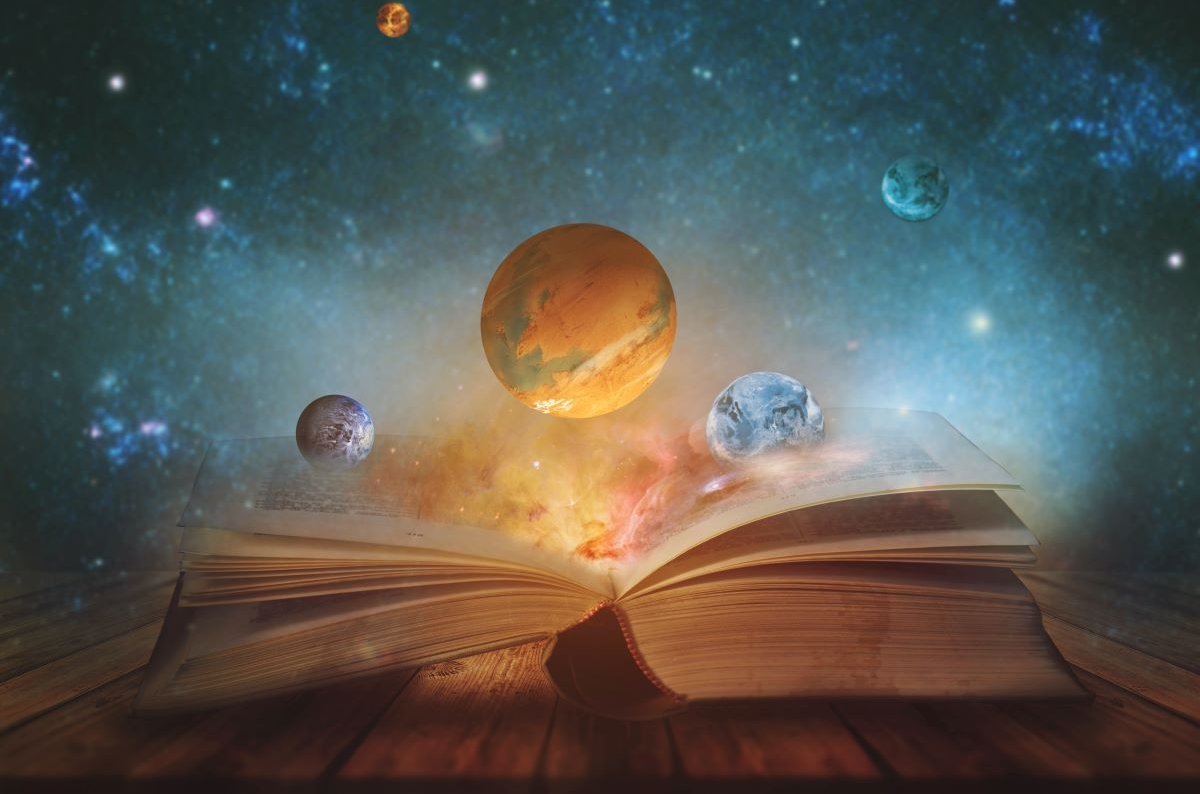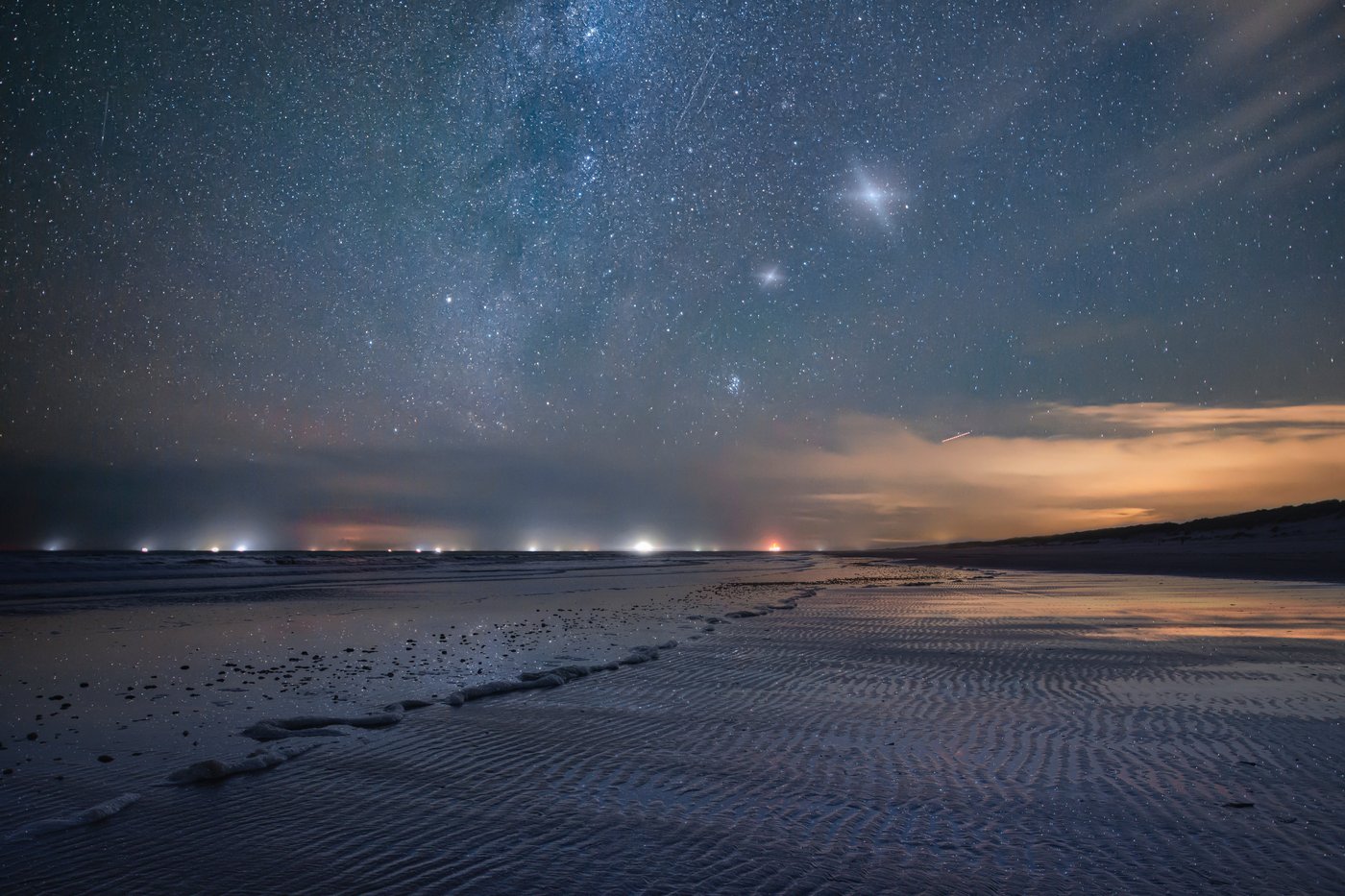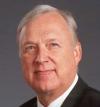
Astrotheology
Editorial by Ted Peters
In the dialogue between theology and the natural sciences, astrobiology provokes a most fascinating set of challenges. Space exploration requires more than merely looking at the stars through a telescope. It necessarily includes Big Bang cosmology, evolutionary biology, and relativity theory. According to NASA in the U.S., “Astrobiology is the study of the origin, evolution, and distribution of life in the universe.” (Chon-Torres, et al. 2022)
The search for off-Earth life with its own second genesis takes two forms. On Mars or perhaps the moons of Saturn and Jupiter, astrobiologists are hoping to find microbial life. On exoplanets orbiting other stars in the Milky Way, astrobiologists are hoping to discover intelligent life. To date, nothing. Yet, hopes are high (Losch 2017).
What might it mean for earthlings to discover that we share our universe with other intelligent civilizations? (Chela-Flores 2019). It is the obligation of the astrotheologian to speculate doctrinally and publicly about such matters.
What is Astrotheology?
Christian Astrotheology is that branch of theology which provides a critical analysis of the contemporary space sciences combined with an explication of classic doctrines such as creation and Christology for the purpose of constructing a comprehensive and meaningful understanding of our human situation within an astonishingly immense cosmos (Peters, Introducing Astrotheology 2018).
Theologians in non-Christian religious traditions could construct an astrotheology as well, perhaps asking different doctrinal questions.
The astrotheologian should also take up astroethics—that is, reflect ethically on space exploration toward the end of formulating public policy. But, that is a topic for another article (Cleland 2013).
Would confirmation of extraterrestrial life cause a crisis for terrestrial religion?
Would confirmation of extraterrestrial life cause a crisis for terrestrial religion? Critics of religion certainly think so. For decades the indefatigable physicist Paul Davies has been warning us of the crisis traditional religions would face when confronted with extraterrestrial intelligence (ETI). “The existence of extra-terrestrial intelligences would have a profound impact on religion, shattering completely the traditional perspective on God’s relationship with man” (Davies 1983, 71). The astrotheologian must ask: is this true?
No, it’s not true. How would I know? Because I conducted a survey of self-identified religious persons and asked them about the possibility of a crisis. It’s called the Peters ETI Religious Crisis Survey. The survey is summarized in the Royal Society’s Philosophical Transactions. Here is just a taste.
One item of data will provide that taste. With the help of a former student assistant, Julie Froehlig, we asked self-identified religious persons from a variety of religious traditions this question: “Official confirmation of the discovery of a civilization of intelligent beings living on another planet would so undercut my beliefs that my beliefs would face a crisis.” Almost nobody checked Agree or Strongly Agree. More than 90% checked Disagree or Strongly Disagree. This is the case for evangelical Christians, fundamentalist Christians, Roman Catholics, mainline Protestants, and also for Buddhists, Mormons, and the self-identified non-religious. In sum, believers in every religious tradition tested affirm an integration of new knowledge regarding ETI.

The Astrotheologian as Public Theologian
Methodologically, the astrotheologian admits into doctrinal construction data gained from astrobiology and related space sciences. Science contributes to theological construction. In turn, the astrotheologian assumes the right to critique the sciences, especially when the sciences overstep their self-imposed boundaries and espouse materialist metaphysics (Peters, Astrotheology’s contribution to public theology: From the extraterrestrial intelligence myth to Astroethics 2021).
This means the astrotheologian is a public theologian. Public theology is conceived in the church, critically reconfigured in the academy, and offered to the wider culture for the sake of the common good. In this public sphere, the public theologian like the prophets of ancient Israel critiques established powers.
It also means that every aspect of the wider culture provides material for theological reflection. Might this include the UFO (Unidentified Flying Objects) phenomenon? After all, the extraterrestrial hypothesis overlaps with the astrobiologist’s search for life in the universe.

Should Astrotheologians Study UFOs too?
The public theologian’s broad task could be described as a Theology of Culture. A Theology of Culture (Kulturtheologie), according to Paul Tillich, recognizes that the religious dimension actualizes itself in every dimension of the Spirit (Sondern das Religiöse ist aktuell in allen Provinzen des Geistigen). (Tillich 1919). Religion, says Tillich, is found in the depth of culture. The public theologian should excavate the religious dimension to all cultural phenomena.
Does the UFO phenomenon demonstrate a religious dimension? Yes, indeed. Unidentified objects sighted visually or tracked on radar flying through Earth’s atmosphere are more than merely unidentified. An entire UFO subculture has developed regarding the presence of alien intelligence within terrestrial life (Peters, UFO 2005). As a phenomenon, the UFO subculture includes a strong dose of science along with a strong dose of the paranormal. Like an apple hanging on a low branch of the apple tree, the UFO phenomenon is ripe fruit for the astrotheologian’s picking.
However, no self-respecting astrobiologist would invite a ufologist home for dinner. Ufology is considered marginal, crazy, even pseudoscientific. This should not bother the astrotheologian. Both established astrobiology and disestablished ufology provide the astrotheologian with cultural data to study and respond to.
Curiously, UFOs are suddenly becoming a topic for scientific study. The Scientific Coalition for UAP (Unidentified Aerial Phenomena) or SCU is now setting up instrumentation to track and measure anomalous appearances in air and sea. Harvard University astronomer Avi Loeb has initiated his Galileo Project. Like SCU, Galileo scientists plan to study possible extraterrestrial visitations in our Earth’s atmosphere. Insofar as science is itself a cultural phenomenon for the public theologian to study and interpret, the overlap between astrobiology and ufology should sparkle in the eyes of the astrotheologian.
Conclusion
Astrotheology is most likely taken up by the systematic or dogmatic theologian. Astrotheology is a branch within Public Theology that employs a Theology of Culture as its method.
Like a bridge between theology and science, traffic goes two ways. From science to theology, the traffic brings new things we learn about our majestic universe into the doctrines of creation and redemption. From theology to science, the traffic provides analysis of the religious depth to both astrobiology and ufology which might otherwise get overlooked in our culture’s self-understanding.
Ted Peters
Published August 2022

Ted Peters directs traffic at the intersection of science, religion, and ethics. Peters is an emeritus professor at the Graduate Theological Union, where he co-edits the journal, Theology and Science, on behalf of the Center for Theology and the Natural Sciences, in Berkeley, California, USA. He authored Playing God? Genetic Determinism and Human Freedom? (Routledge, 2nd ed., 2002) as well as Science, Theology, and Ethics (Ashgate 2003). Along with Martinez Hewlett, Joshua Moritz, and Robert John Russell, he co-edited, Astrotheology: Science and Theology Meet Extraterrestrial Intelligence (2018). Along with Octavio Chon Torres, Joseph Seckbach, and Russell Gordon, he co-edited, Astrobiology: Science, Ethics, and Public Policy(Scrivener 2021). He is also author of UFOs: God's Chariots? Spirituality, Ancient Aliens, and Religious Yearnings in the Age of Extraterrestrials (Career Press New Page Books, 2014). See his website: TedsTimelyTake.com.
References
Chela-Flores, Julian. Astrobiology and Humanism: Conversations on Science, Philosophy, and Theology. Cambridge UK: Cambridge Scholars Publishing, 2019.
Chon-Torres, Octavio, Ted Peters, Joseph Seckback, and and Richard Gordon. Astrobiology: Science, Ethics, and Public Policy. New York: Wiley Scrivener, 2022.
Cleland, Carol, and Elspeth Wilson. "Lessons from Earth: Toward an Ethics of Astrobiology." In Encountering Life in the Universe, edited by Anna Spitz, and William Stoeger Chris Impey, 17-55. Tucson AZ: University of Arizona Press, 2013.
Davies, Paul. God and the New Physics. New York: Simon and Schuster, 1983.
Losch, Andreas, ed. What is Life? On Earth and Beyond. Cambridge UK: Cambridge University Press, 2017.
Peters, Ted. "Astrotheology’s contribution to public theology: From the extraterrestrial intelligence myth to Astroethics." HTS Teologeise Studies 77:3, 2021: 1-8.
Peters, Ted. "Introducing Astrotheology." In Astrotheology: Science and Theology Meet Extraterrestrial Life, 3-26. Eugene OR: Cascade Books, 2018.
Peters, Ted. "UFO." In Religion in Geschichte und Gegenwart, by Don Browning, Bernd Janowski, and Eberhard Jüngel. Tübingen Hans Dieter Betz. Tübingen: Mohr Siebeck, 2005.
Tillich, Paul. "Über die Idee einer Theologie der Kultur." In Main Works / Hauptwerke 6 Volumes, by Paul Tillich, 2:69-86. Berlin: DeGruyter, 1919.
Picture Credits
- Book of the universe - opened magic book with planets and galaxies. Elements of this image furnished by NASA (c) Adob Stocks #420016490 von hiddencatch
- Question 3 of the The Peters ETI Religious Crisis Survey (c) Ted Peters
- 2 UAPS / Ufos in the night sky at a beach. UFO UAP Sighting at night (c) Adobe Stocks #472188641 von flint0010
- Ted Peters (c) Ted Peters










